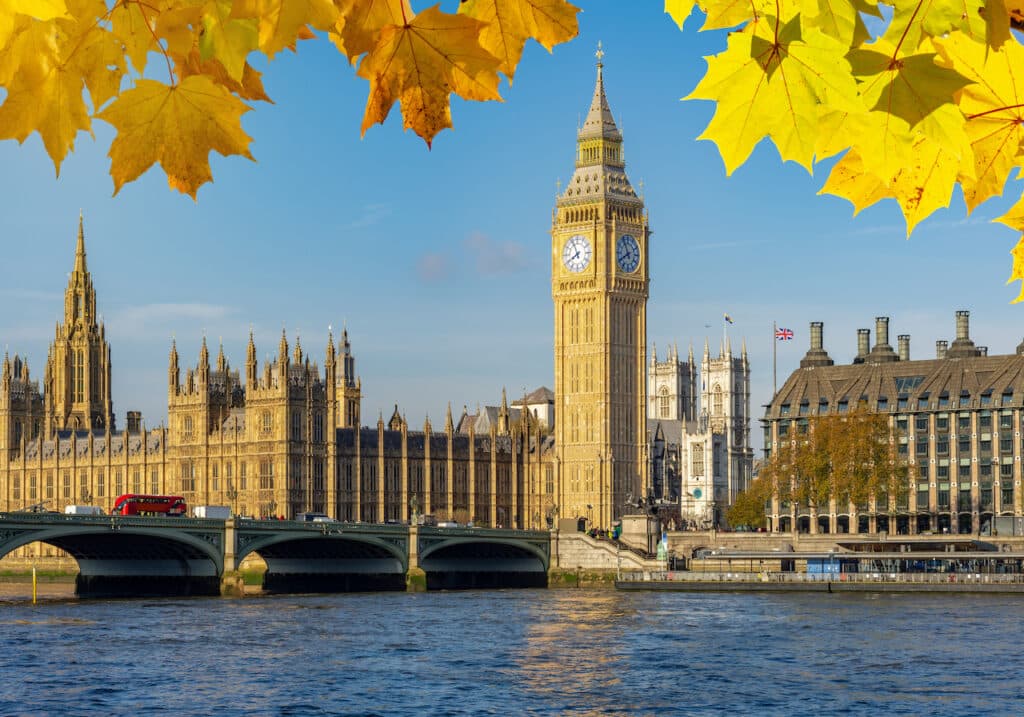Navigating the world of private UK banking for expats can feel daunting, especially for American citizens living abroad. With unique financial needs and regulatory hurdles, many U.S. expats wonder if private banking in the UK is even possible—and if so, how to qualify. In this guide, we’ll break down what private banking means, who can access these services, and how you can find the right fit for your financial goals as an American living in the UK.
What is private banking and who qualifies for UK services?
Private banking is a premium financial service designed for individuals with significant assets, offering personalized wealth management, investment advice, and exclusive banking products. Unlike standard retail banking, private banking provides a dedicated relationship manager, tailored financial planning, and access to specialized investment opportunities.
In the UK, private banking is often associated with established institutions like Coutts, Barclays Private Bank, and HSBC Private Banking. These banks cater to high-net-worth individuals (HNWIs), including expats, entrepreneurs, and professionals seeking a more bespoke approach to managing their wealth.
Who qualifies?
- High-net-worth individuals: Most UK private banks require clients to meet minimum asset thresholds (often £500,000 or more).
- Expats and non-residents: Many private banks in the UK welcome international clients, including U.S. citizens, provided they meet eligibility and compliance requirements.
- Professionals and business owners: Some banks offer specialized services for entrepreneurs, executives, and those with complex cross-border financial needs.
For U.S. expats, private UK banking can offer peace of mind, global access, and expert guidance—especially when navigating the complexities of international tax and reporting obligations.
Eligibility requirements for American citizens seeking UK private banking
While private UK banking for expats is possible, American citizens face unique eligibility requirements due to U.S. tax laws and regulations like FATCA (Foreign Account Tax Compliance Act). Here’s what you need to know:
1. FATCA compliance
U.S. citizens must report foreign bank accounts and assets to the IRS. UK banks are required to identify and report U.S. account holders, which can make some institutions hesitant to accept American clients. However, many private banks have dedicated teams to manage these requirements.
2. Proof of identity and residency
You’ll need to provide:
- Valid U.S. passport
- Proof of UK address (if resident)
- Proof of income and source of funds
- Tax identification numbers (U.S. and UK, if applicable)
3. Enhanced due diligence
Expect more thorough background checks and documentation requests compared to local clients. This is to ensure compliance with anti-money laundering (AML) and know-your-customer (KYC) regulations.
4. Tax reporting support
Look for banks that offer integrated tax reporting or work closely with U.S. tax advisors. This can help you stay compliant with both UK and U.S. tax authorities.
5. Minimum asset requirements
Most private banks require a minimum deposit or investable assets.
Minimum asset thresholds and financial requirements by institution
Private UK banking for expats typically comes with significant financial requirements. Here’s what you can expect from leading institutions:
Common minimums
- Coutts: £1 million in investable assets or a minimum annual income of £500,000.
- Barclays Private Bank: £500,000 to £1 million in investable assets, depending on the service tier.
- HSBC Private Banking: £2 million in investable assets.
- Lloyds Bank Private Banking: £250,000 in savings and investments, or a mortgage of £750,000+.
What counts as investable assets?
- Cash deposits
- Stocks, bonds, and mutual funds
- Retirement accounts (in some cases)
- Real estate (occasionally, but usually not primary)
Additional financial requirements
- Source of funds: You must demonstrate the legal origin of your assets.
- Ongoing relationship: Some banks require you to maintain a minimum balance or invest in their products.
💡 Pro Tip:
If you’re close to the minimum, consider consolidating assets or discussing your broader financial picture with the bank. Some institutions may be flexible for clients with strong potential or unique circumstances.
Top UK private banks accepting American clients
While not all UK private banks are open to U.S. citizens due to regulatory complexities, several leading institutions have experience serving American expats. Here are some of the top options:
1. Coutts
- Renowned for its heritage and personalized service.
- Accepts U.S. clients who meet asset thresholds and compliance requirements.
- Offers dedicated relationship managers familiar with cross-border needs.
2. Barclays Private Bank
- Global reach with a strong presence in the U.S. and UK.
- Experienced in handling FATCA and U.S. tax reporting.
- Provides tailored investment and wealth planning solutions for expats.
3. HSBC Private Banking
- International expertise and robust compliance infrastructure.
- Welcomes U.S. citizens, especially those with global financial interests.
- Offers integrated banking, investment, and tax support.
4. Lloyds Bank Private Banking
- Accepts American clients on a case-by-case basis.
- Focuses on UK residents and those with significant UK ties.
- Provides comprehensive wealth management and lending services.
5. Brown Shipley (Quintet Private Bank)
- Boutique approach with personalized service.
- Has experience working with U.S. expats, though eligibility may vary.
💡 Pro Tip:
Always confirm current policies directly with the bank, as acceptance criteria for U.S. citizens can change due to evolving regulations.
Don’t Let Cross-Border Taxes Undermine Your UK Banking Strategy
Enjoying the benefits of private banking in the UK? Make sure your U.S. tax obligations are just as well-managed. Bright!Tax specializes in expat tax support for Americans abroad—so your finances stay as seamless as your private banking experience. Reach out for expert guidance today.
Frequently Asked Questions
-
Can American expats open private UK bank accounts?
Yes, many private UK banks accept American expats, provided you meet their asset thresholds and compliance requirements. However, some banks may have restrictions due to U.S. tax regulations.
-
What are the main challenges for U.S. citizens seeking private UK banking for expats?
The biggest challenges are FATCA compliance, enhanced due diligence, and higher documentation requirements. Some banks may be reluctant to accept U.S. clients, but many have dedicated teams to help.
-
What is the minimum asset requirement for private UK banking for expats?
Minimums typically range from £250,000 to £2 million in investable assets, depending on the institution and service level.
-
Do private UK banks help with U.S. tax reporting?
Many private banks offer support or work with U.S. tax advisors to help expats stay compliant with both UK and U.S. tax laws.
-
Is private UK banking for expats worth it for Americans?
If you have significant assets and value personalized service, private banking can offer tailored solutions, global access, and peace of mind—especially for complex cross-border finances.

 Connect on LinkedIn
Connect on LinkedIn

